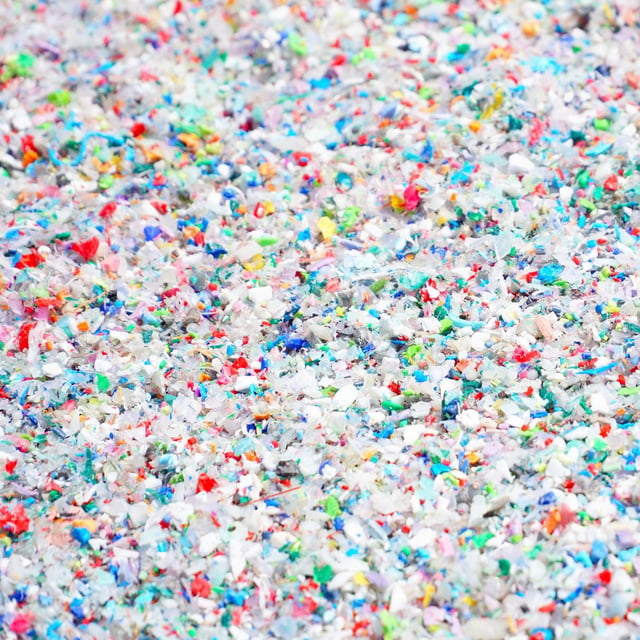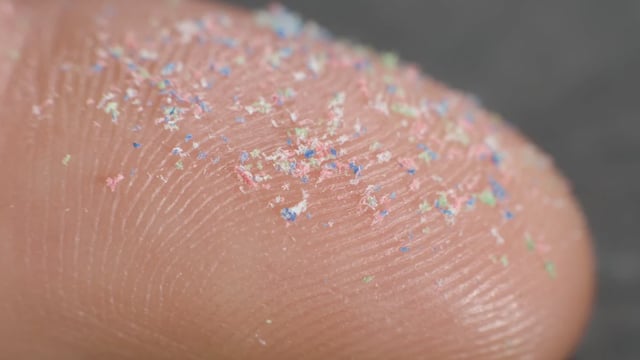Overview
- A study published in Nature Medicine found significantly higher concentrations of microplastics in human brain tissue compared to other organs like the liver and kidneys.
- Researchers analyzed tissue samples from 24 individuals in 2024 and compared them to samples from 2016, observing a marked increase in microplastic levels over time.
- Brain samples from individuals diagnosed with dementia showed particularly high concentrations of microplastics, though no direct causal link has been established.
- Polyethylene, commonly used in plastic packaging, was the most prevalent type of plastic found, constituting up to 75% of the microplastics in brain tissue.
- Scientists emphasize the need for larger, long-term studies to better understand the health implications of microplastic accumulation in the brain.


